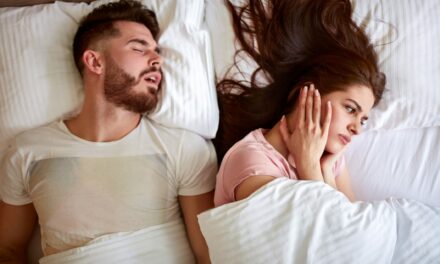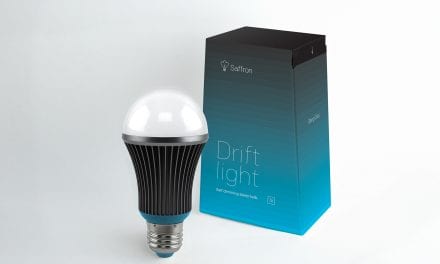A new study out of the University of Montreal Department of Psychology finds an association between decreased testosterone and reduced sleep. The findings were presented by Zoran Sekerovic, a graduate student, at the annual conference of the Association francophone pour le savoir.
Sekerovic discovered a link between testosterone levels in men over 50 and their quality of sleep—specifically less deep sleep (Phases III and IV). "Deep sleep is when the recuperation of body and mind is optimal," says Sekerovic, adding that his is the first study to find this correlation.
The study didn’t find any correlation with other parts of the sleep cycle: falling asleep, Phases I and II, or paradoxical sleep.
Sekerovic suggests dwindling testosterone levels are what impact sleep, not vice-versa, as other studies have suggested. He adds previous investigations measured daily fluctuations in testosterone levels, which are higher in the morning.
If Sekerovic is right, his findings could reignite the hormone therapy debate. "The loss of deep sleep is a serious problem that could be treated with testosterone. That would be tremendous progress," says Sekerovic. "But hormone therapy can have secondary effects. Therefore, it will be essential to better understand the mechanisms leading to the loss of deep sleep."
This study was conducted under the supervision of Julie Carrier, professor of psychology at the University of Montreal and director of the Chronobiology Laboratory at the Hôpital du Sacré-Coeur de Montréal.




